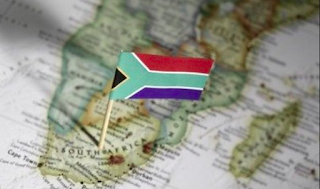Predictions for EM’s & Frontier Markets Post CV-19
The consensus among investors is that Covid-19 will overwhelm frontier emerging markets, causing immense economic fallout from a collapse in both domestic and external demand. However I, without meaning to sound too Pollyannaish I think another scenario is more likely: that such markets will outperform. MSCI’s Frontier Emerging Markets index spans large companies across 34 nations — from Argentina, Bahrain and Bangladesh to Togo, Tunisia and Vietnam. Typically, such markets suffer from domestic economic weakness rather than external factors. Clearly, a number of these countries will have local frailties exposed by the unprecedented shock to external financing from tourism and remittances. Sri Lanka , for example, will probably see a sharp drop in tourism, delivering a nasty economic shock for an economy already struggling. It is also true that some countries in this category, notably Nigeria and Egypt, will be hardest hit by external factors such as falling exports due to lower global


